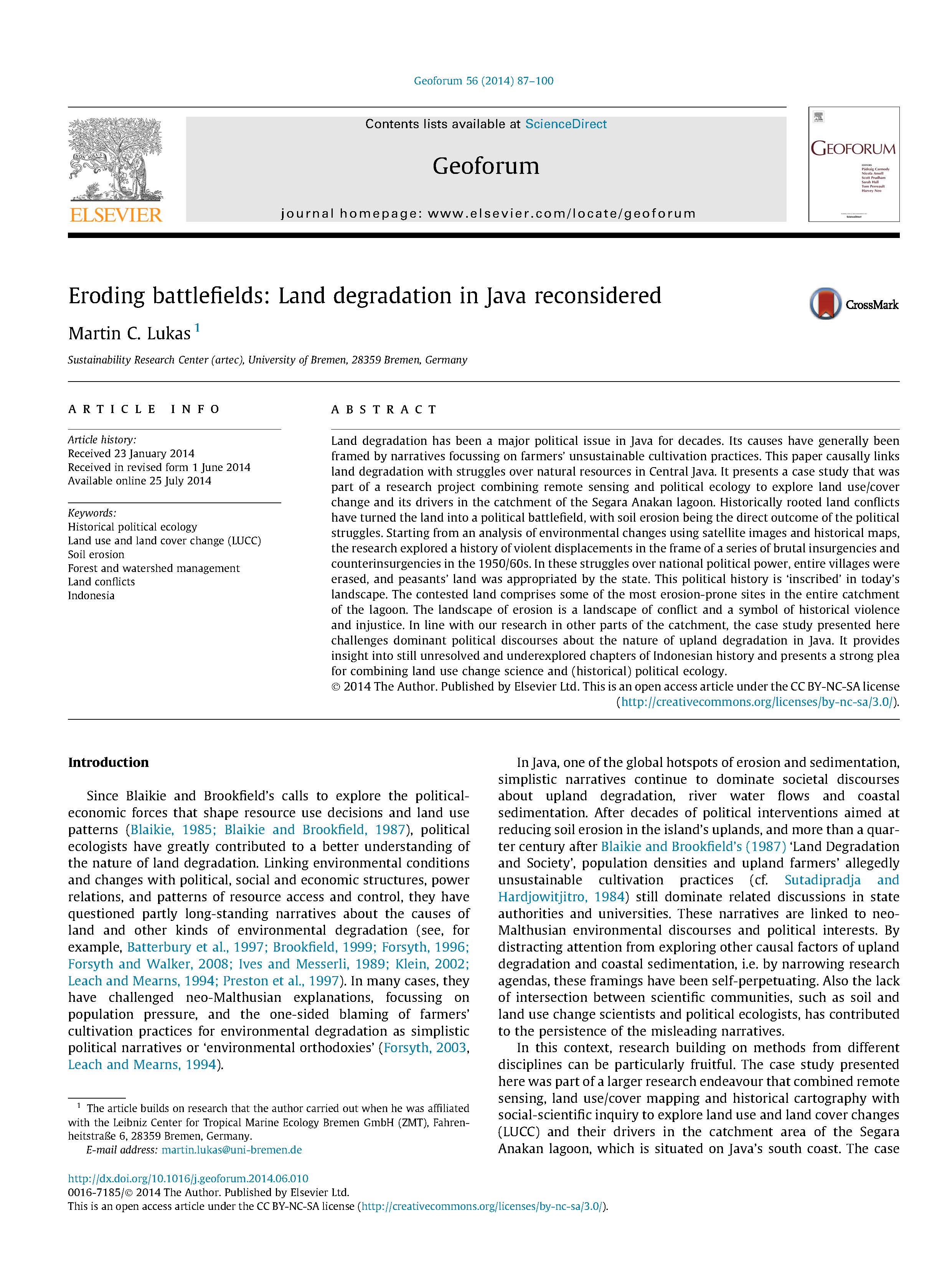The Effectiveness of World Bank Support for Community-Based and Driven Development : Engaging the Poor through CBD and CDD Initiatives--A Brazil Country Study with a Focus on the Northeast
Since the 1980s and early 1990s, the
World Bank has been supporting projects that involve
communities own development. This has been largely
manifested in the design and implementation of
community-based development (CBD) and community-driven
development (CDD) initiatives, with the latter gaining
increasing momentum in recent years. The purpose of this
study was to assess the development effectiveness of the



